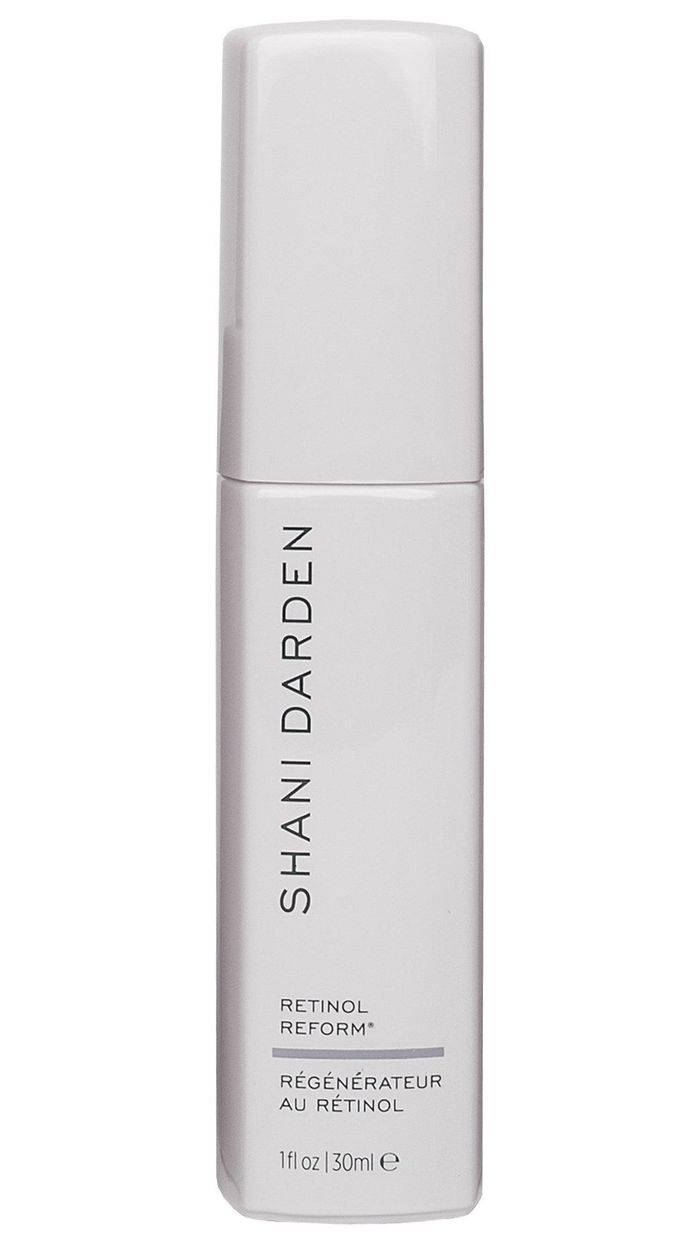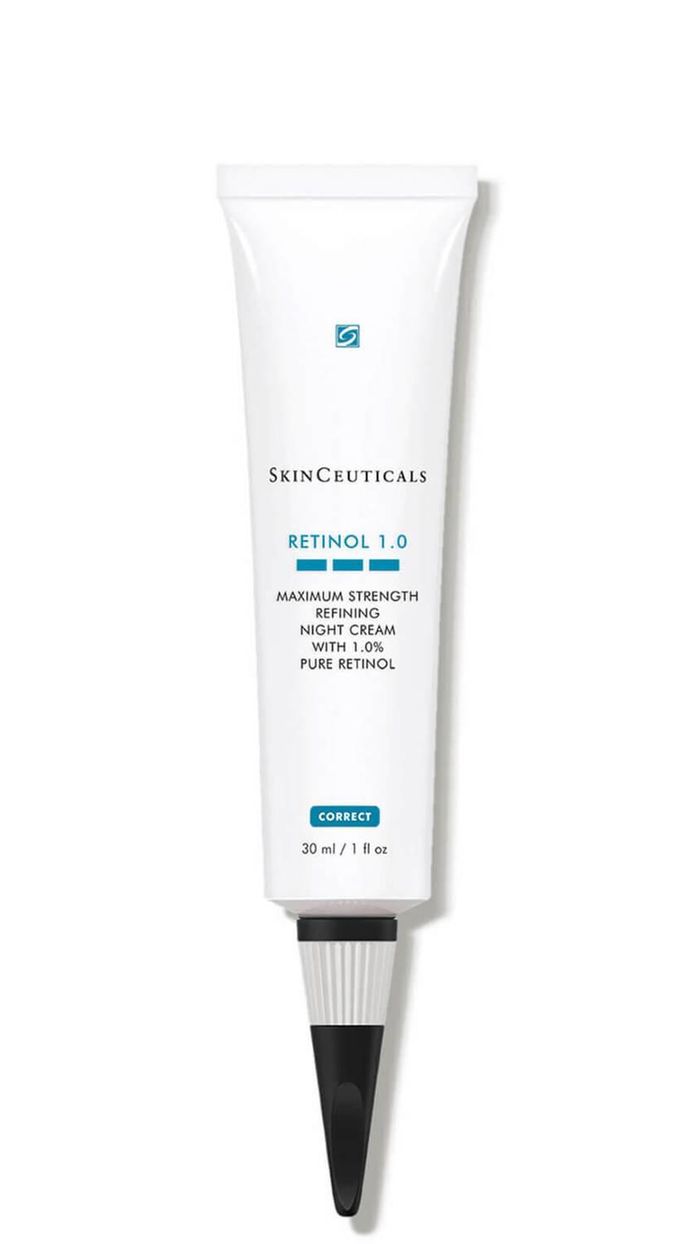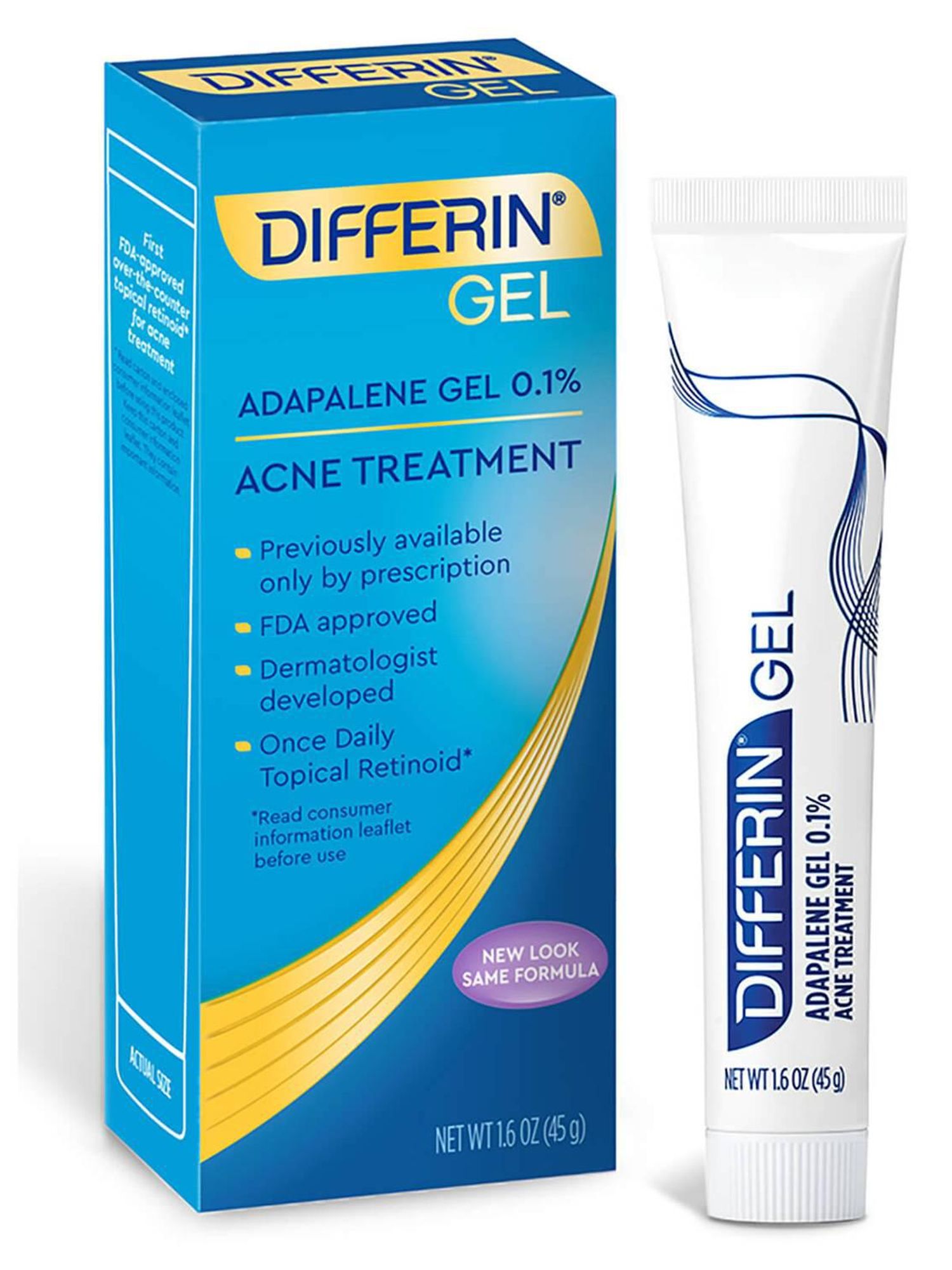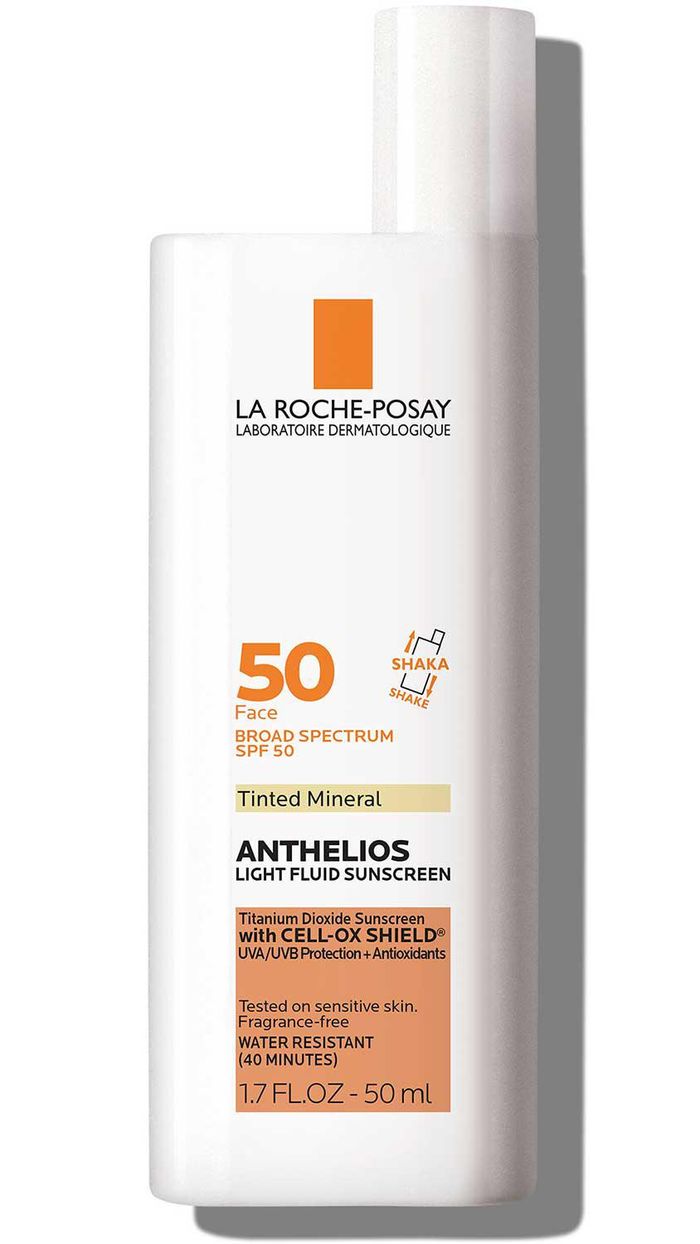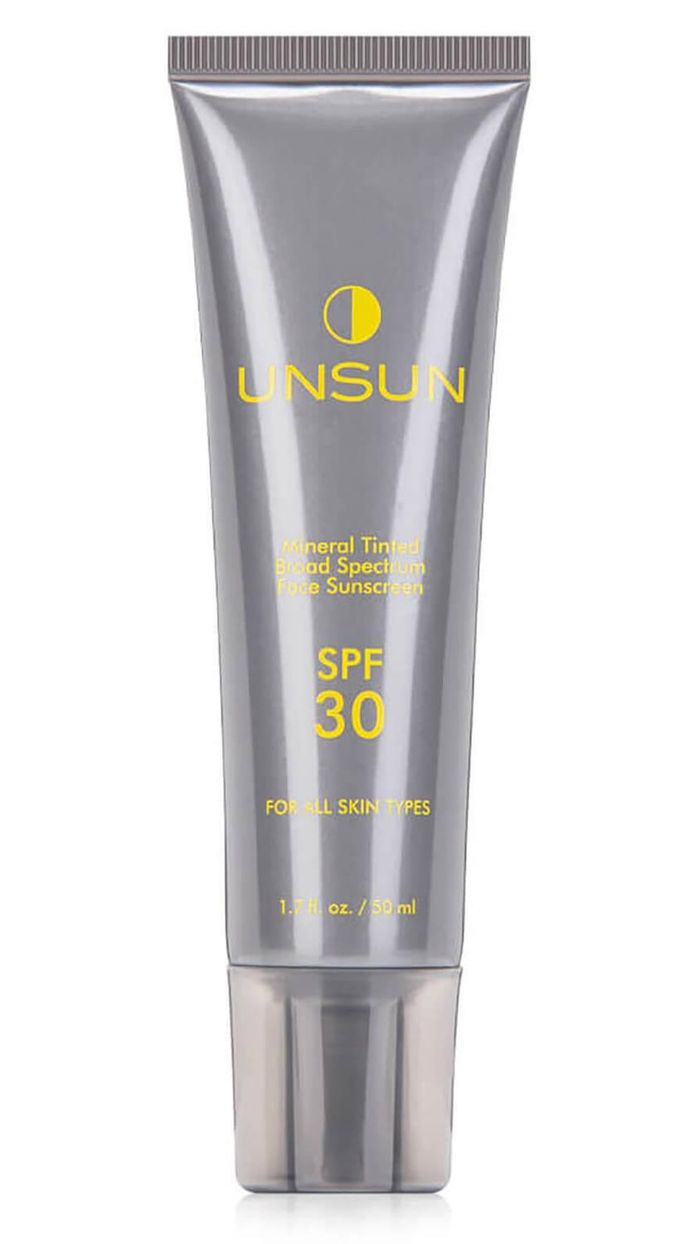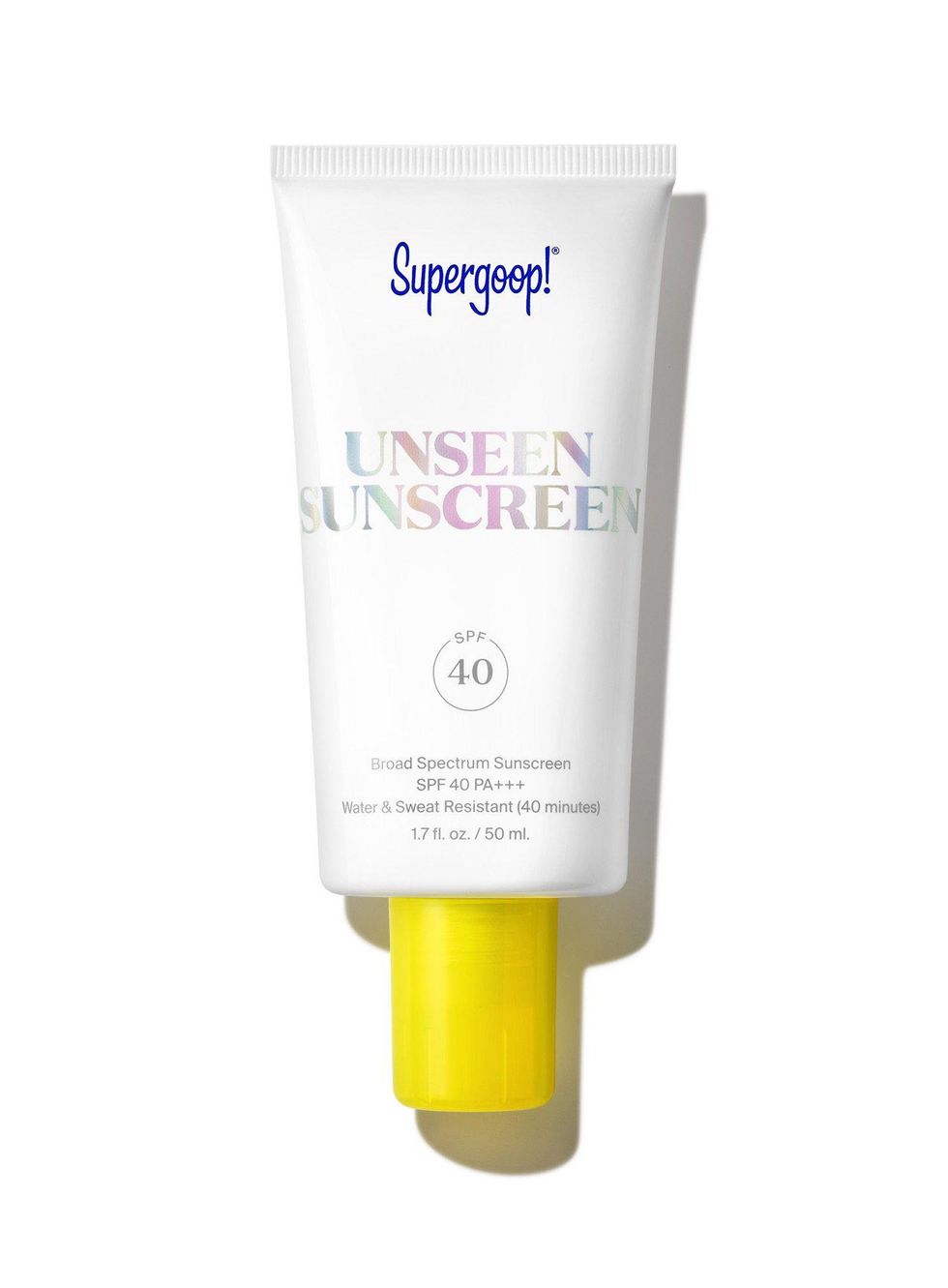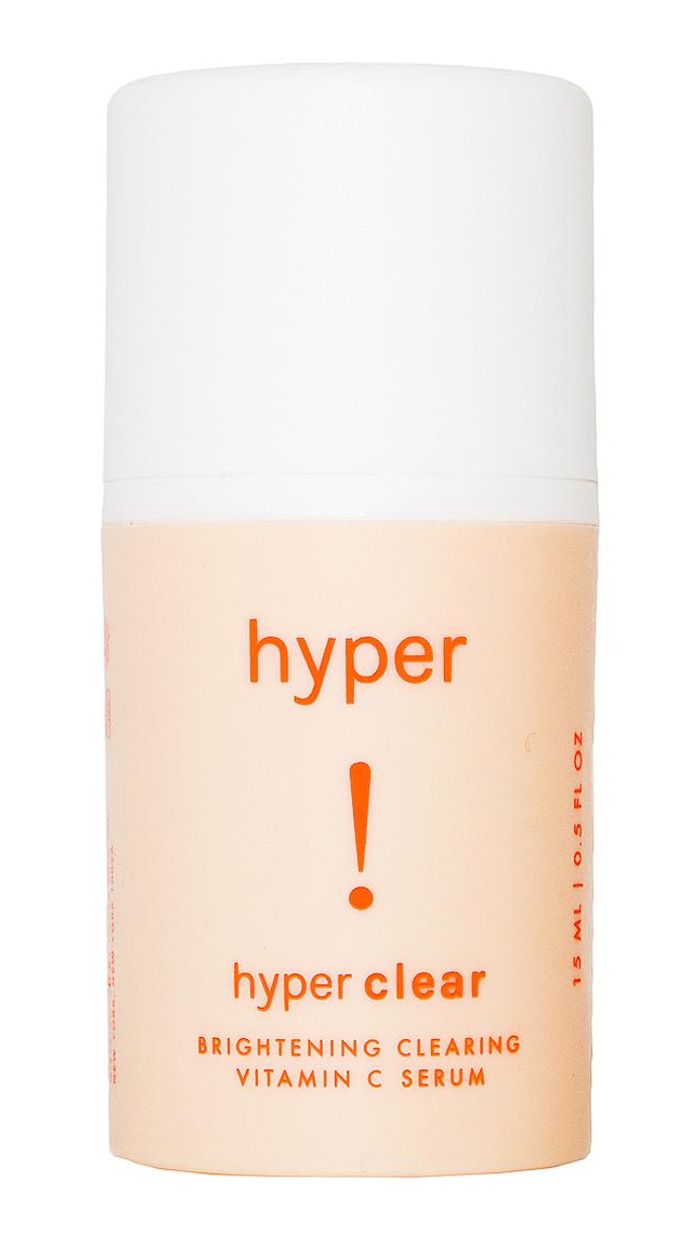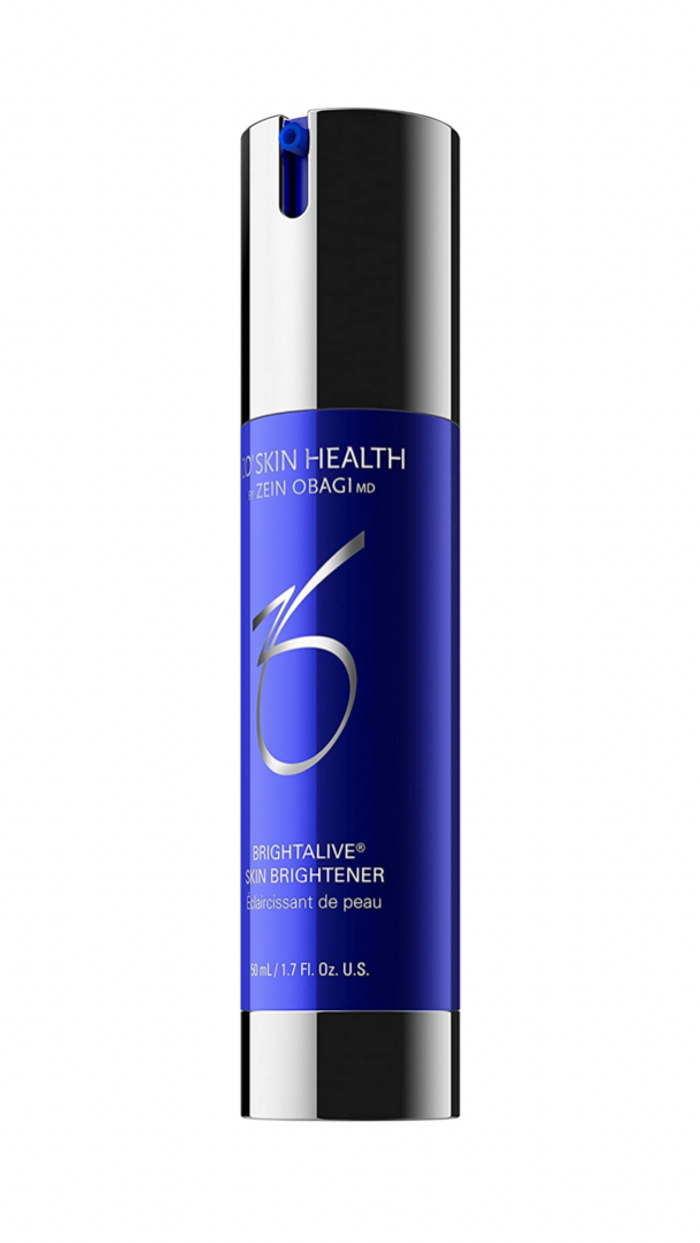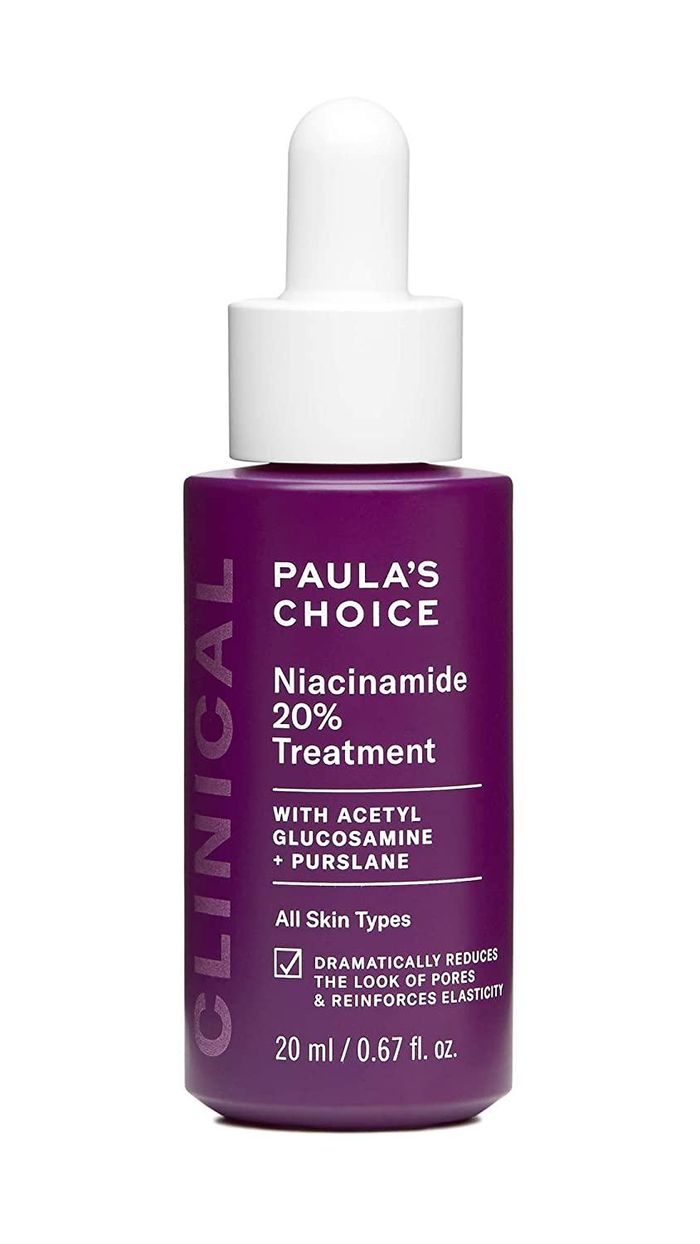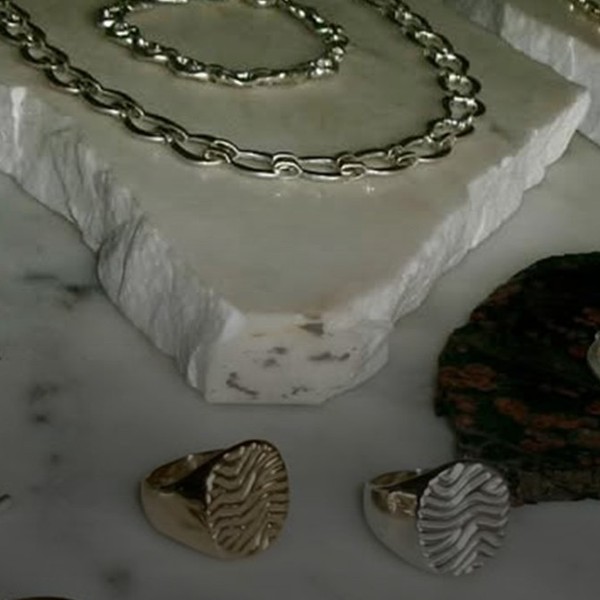Here’s How to Fade Acne Spots on Deeper Skin Tones
A dermatologist breaks down the treatment options.

All zits have the same origin story, regardless of your skin type or skin tone. However, when it comes to what acne leaves behind, it's a different story. People with deeper skin tones are more likely to develop post-inflammatory hyperpigmentation, or PIH, says Dr. Caroline Robinson, a Chicago-based board-certified dermatologist and founder of Tone Dermatology. And while there's absolutely nothing wrong with having dark spots, for many women of color, myself included, PIH is their number one skin-care concern. Below, I spoke to Dr. Robinson in order to figure out what causes this type of hyperpigmentation in deeper skin tones, the best ways to treat it, and how to prevent future dark spots.
What is post-inflammatory hyperpigmentation?
"Hyperpigmentation occurs when there's an excess or an overproduction of pigment, leading to uneven skin tone and dark spots," says Dr. Robinson. When you get a pimple, your skin grows inflamed and your body produces melanin in that area. With deeper skin tones, it's more likely that not that your body will send too much melanin to the site of the pimple, leaving behind dark spots.
What's the difference between acne scars and hyperpigmentation?
Sometimes, people will refer to post-inflammatory hyperpigmentation as an acne scar, but that's not necessarily correct. Acne scars refer to a change in your skin's texture after you get a zit while hyperpigmentation is related to a change in your skin's tone. "Acne scars occur when there are changes in the dermis of the skin where collagen and elastin are present," says. Dr. Robinson. "This can lead to depress scars, raise scars, and thick and keloidal scars."
Can acne treatments make post-inflammatory hyperpigmentation worse?
Yep—some acne treatments are too harsh for deeper skin tones which can cause irritation and trigger excess melanin production. "I tend to recommend benzoyl peroxide, salicylic acid, sulfur, or retinoids for my acne patients based on their skin type and acne type," says Dr. Robinson. Since skin care ingredients can affect individuals differently, Dr. Robinson recommends slowly incorporating new products into your routine to give your skin some time to adjust. A targeted routine is a major key when it comes to fading dark spots—a concise routine with products that work in tandem can help reduce your chances of inflammation and irritation.
What's the best way to prevent post-inflammatory hyperpigmentation?
The best way to keep dark spots at bay is to prevent zits from cropping up. If breakouts are still occurring, says Dr. Robinson, there's always a chance that you'll end up dealing with post-inflammatory hyperpigmentation.
Prescription Strength Topical Treatments
Dr. Robinson usually recommends Aklief Cream to her patients dealing with acne and post-inflammatory hyperpigmentation—the prescription topical targets the root causes of acne. "The cream is also the first topical prescription that's proven to be a safe and effective treatment of acne on the face, chest, shoulders, and back," adds Dr. Robinson.
Retinoids
Retinoids, the vitamin A derivative, are known to boost cell turnover and renew collagen in the skin, which helps to improve the appearance of your skin's tone and texture, says Dr. Robinson.
If you're not consistently slathering on sunscreen, you could be making your dark spots worse. "Sunscreen is extremely important in protecting the skin from harmful UVA/UVB rays and also visible light which drives hyperpigmentation in melanin-rich skin more than other skin tones," says Dr. Robinson. Overexposure to the sun's UV rays can stimulate excess melanin production, making existing dark spots worse and causing new ones to show up. According to Dr. Robinson, tinted mineral sunscreens tend to provide better protection against visible light.
Antioxidants
Serums with a blend of antioxidants and active ingredients also make Dr. Robinson's list of post-inflammatory hyperpigmentation treatments. Look for a formula that includes vitamin C, kojic acid, tranexamic acid and/or niacinamide—these ingredients are shown to help improve the look of dark spots over time.
In-Office Treatments
Seeing a board-certified dermatologist for in-office procedures is also an option to consider. Dr. Robinson recommends treatments like microneedling, laser, and chemical peels.
Lasers target PIH, breaking apart the pigment. Before you book your appointment, though, confirm with your dermatologist that their laser is friendly for people with deeper skin tones; some lasers aren't precise when it comes to targeting dark spots on Black and brown skin which could leave you with even worse PIH.
Chemical peels are packed with a high concentration of exfoliating ingredients to remove dead skin cells from the surface, approving your skin's appearance and tone. Work with your dermatologist to help determine which peel is best for you and your skin concerns.
Microneedling involves using a device to make tiny, surface-level pricks in the skin in order to trigger your skin's natural healing process which boosts collagen production and fades spots. You want to make sure you see a board-certified dermatologist who understands the needs of your skin tone—if microneedling isn't performed properly, PIH is a possible consequence.
The Final Word
While there isn't a one-size-fits-all routine when it comes to fading PIH on deeper skin tones, there are preventative steps you can take to prevent dark spots from showing up in the first place. If you're dealing with stubborn PIH, that's a good enough reason to see a dermatologist, says Dr. Robinson. They can work to develop a targeted treatment plan tailored to your skin type and skin tone that'll eventually lead to results.
Photo: Courtesy of Instagram/@hyperskin
Want more stories like this?
Which Laser Treatment Is Best for Your Hyperpigmentation?
5 New Vitamin C Serums That Banish Dark Spots in No Time
This Serum Is the Star of Instagram's Glow Expert Chanel Tyler's Self-Care Routine

